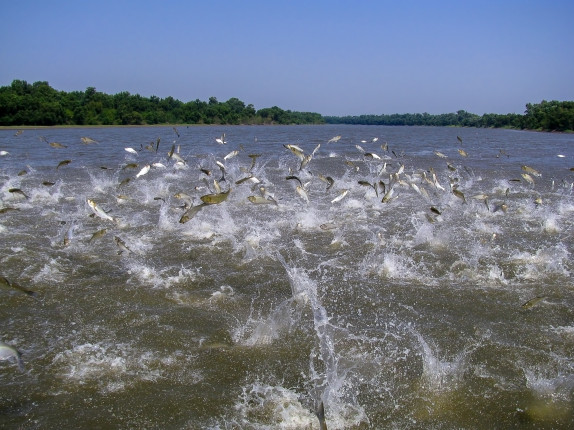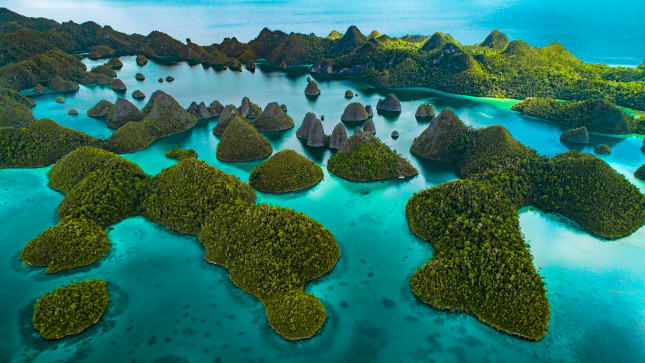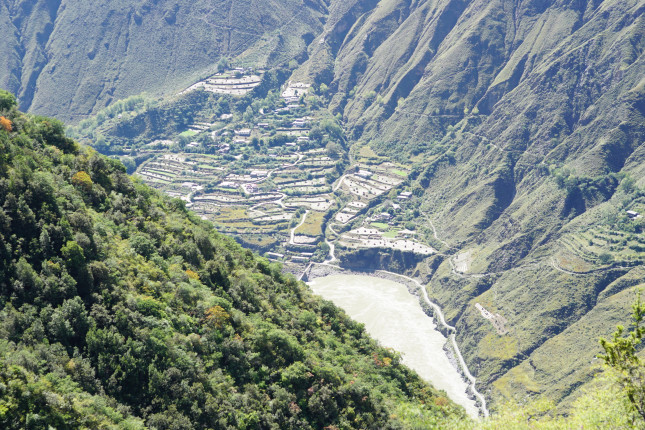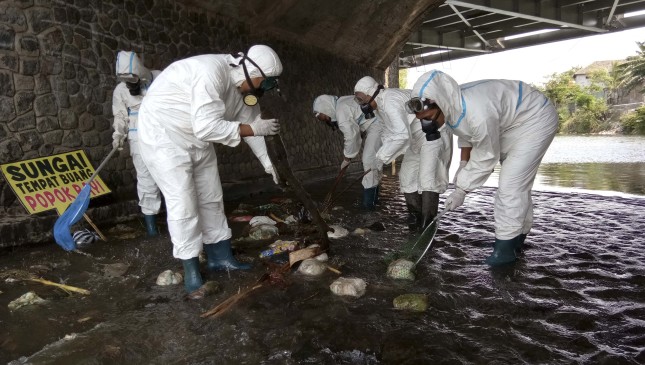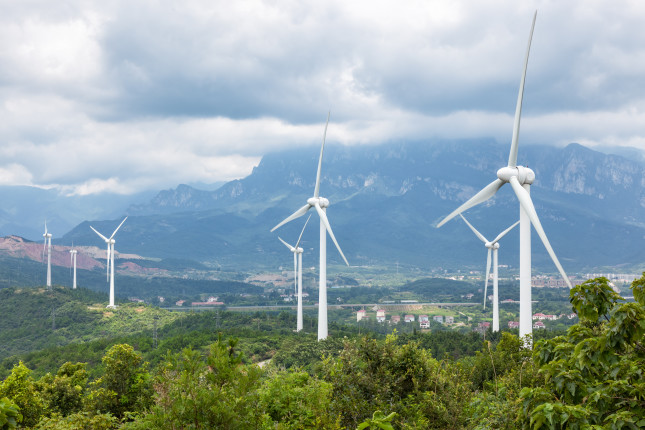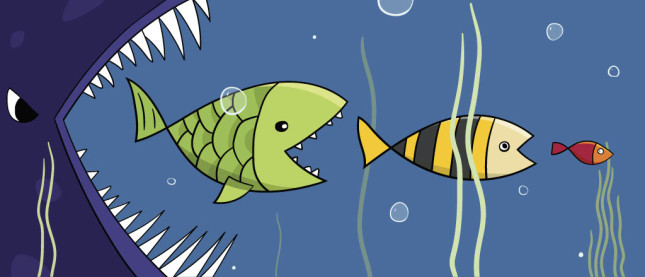-
China and U.S. Aquaculture Open Doors to Invaders
›“Gui Jie” in Beijing, meaning Ghost Street, is dedicated to crayfish and is filled with towering bright red crayfish statues. While it might just seem like a show for tourists, the Chinese are responsible for 90 percent of the world’s crayfish consumption and crayfish is on menus throughout the country. Between 2006 and 2016, crayfish production more than tripled to 850,000 tons. Surprisingly, crayfish is not native to China but the Chinese began raising them when aquaculture began expanding in the 1980s.
-
Don’t Bury Me in Trash — From Recycle to Reduce in West Papua: Q&A with Misool Foundation’s Virly Yuriken
›With white sandy beaches, cerulean waters, and lush jungles, Indonesia’s Raja Ampat Islands are some of the world’s most beautiful islands—and currently under threat from a growing plastic waste crisis. Covering 40,000 square kilometers of land and sea off the northwest tip of West Papua, Raja Ampat lies at the intersection of the Indian Ocean and Pacific Ocean tides in a biodiversity hotspot known as the Coral Triangle.
-
To Build or Not to Build: Western Route of China’s South-North Water Diversion Project
›China Environment Forum // Guest Contributor // August 12, 2021 // By Hongzhou Zhang & Genevieve Donnellon-May
One of the biggest challenges facing China’s future development is water, which must support the country’s 1.4 billion people and booming industries. Despite being one of the top five countries with the largest freshwater resources, on a per capita basis, China faces serious water shortages which are further compounded by a highly uneven spatial distribution and precipitation: the densely populated north suffers from acute water shortages whereas the south is prone to severe floods. To optimize the allocation of water resources, China has embarked on the construction of a mega engineering project, the South North Water Diversion project (SNWD).
-
Community-managed Water Investments in Rural China: A Path for Financing WASH
›Better access to safe drinking water and sanitation around the world could prevent the deaths of 297,000 children aged under 5 years from diarrhea each year. Likewise, the risk of infection of other common infectious diseases including cholera, hepatitis A, typhoid, and most recently – the coronavirus, can be reduced by improving access to clean water and sanitation facilities.
-
Grassroots Action to Combat Plastics in Asian Rivers: A Conversation with ECOTON Founders Daru Setyorini and Prigi Arisandi
›
In Sidoarjo City, Indonesia, student river detectives catalog the microplastics they sample from the Brantas River, the longest river in East Java. Plastic waste threatens this water that seventeen million people depend on for drinking water, fishing, and irrigation. Daru Setyorini and her team from ECOTON (Ecological Observation and Wetlands Conservation) organized this program to educate youth and inform policymakers on the scope of the problem.
-
“Green” China on the Global Stage
›
Young Africans are flocking to Confucius Institutes to learn Chinese and throw in their lot with the Asian superpower. The “Chinese Dream” is leaving the American Dream in tatters in much of the developing world. Many developing countries see partnerships with China as the route to their future success, especially in an era in which the United States has turned inward and is apparently a less generous and reliable partner. However, anti-Chinese sentiment is also intensifying. Chinese loans and investment are welcome, but recipients are also unsure about the environmental and social implications of partnering with such an untested player.
-
China’s Race to 77.6: Is a Target-based COVID-19 Campaign a Model for Climate Response?
›
In China’s campaign to get its population of 1.4 billion vaccinated against COVID-19, the magic number is 77.6 percent. Government agencies all over the country, from Inner Mongolia to Jiangsu, uniformly pledge to get this exact percentage of their populations vaccinated. A rural township in Harbin boasts that it’s fully vaccinated 11,025 of its population of 14,198, 0.05 percentage point above the sacred target of 77.6 percent. So, just what is the significance of 77.6?
-
Aquaculture Fish Feed – Can China and the U.S Break the Ocean Connection?
›Fish is brain food. This is a lesson we learned from our mothers and grandmothers. They were right—the Omega-3 fatty acids in fish are good for our health. Omega-3 is an essential fat, but our bodies cannot make it, so it must come from the food we eat, and fish is the best source. Fish, like people, cannot make Omega-3, so they too get it from their food.
Showing posts from category China Environment Forum.


